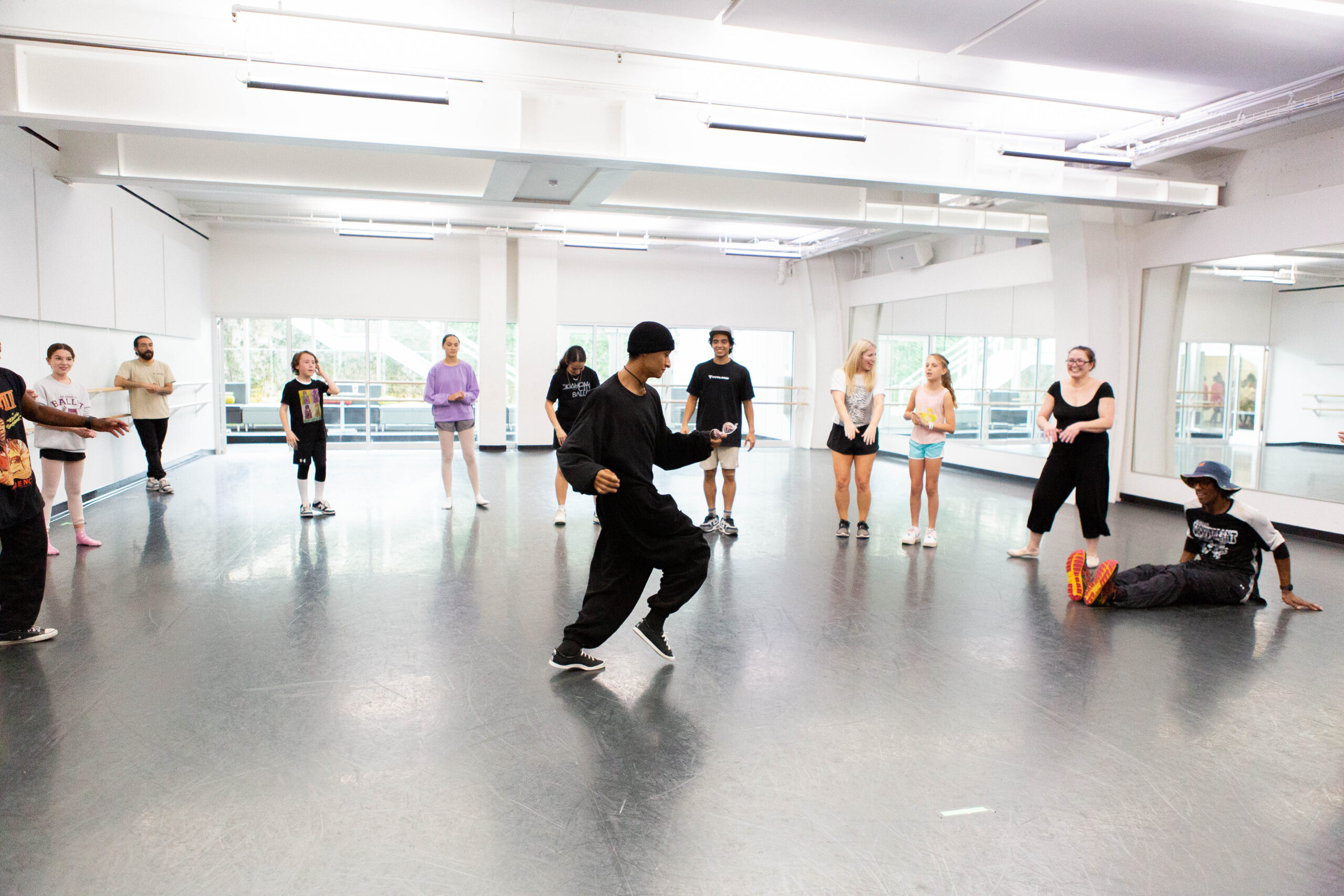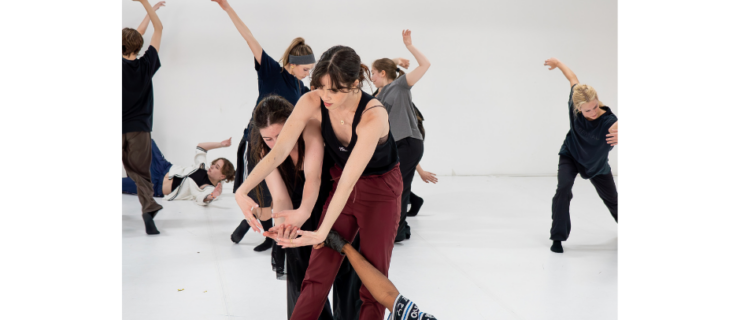Should You Try a Summer Intensive in a New Dance Style?
Summer is an opportunity to hone your training more intentionally than during the busy school year. But with a plethora of programs to choose from, deciding what to focus on can be tricky. On one hand, doubling down on your primary dance style could supercharge your progress going into the following school year. But when it comes to your overall growth as a dancer, is it better to try something new? There are pros and cons to both options.
Expect to Adapt
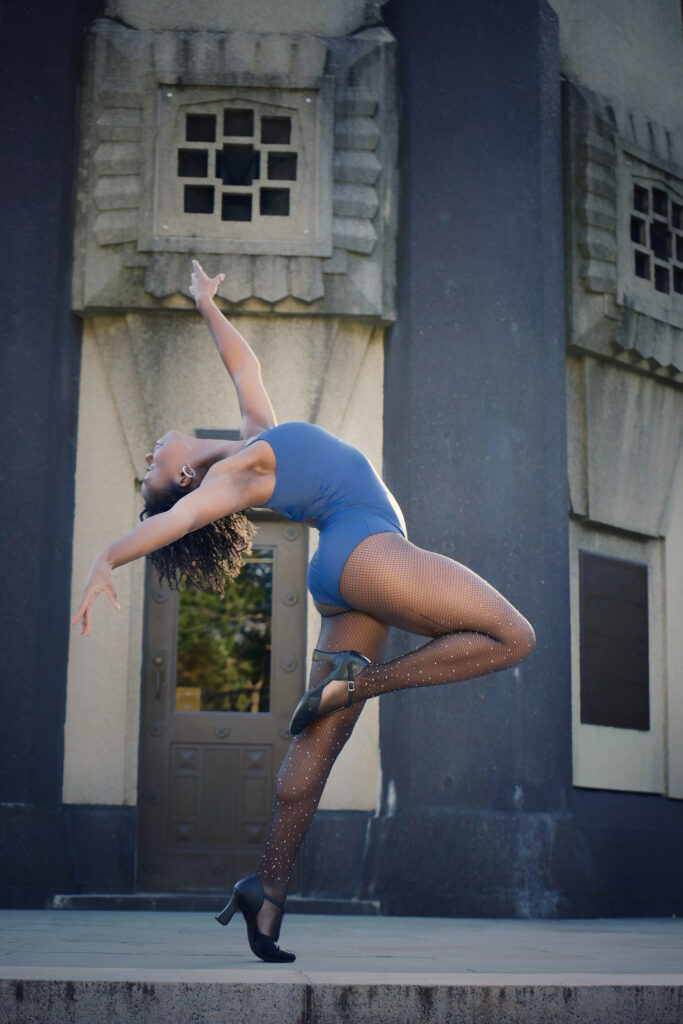
Willow Dixson, a current junior at Union County Academy for Performing Arts and a student at Rahway Dance Theatre in Rahway, New Jersey, had studied ballet, tap, modern, and jazz before her teacher suggested she try a five-week musical theater intensive in New York City. “I’m a shy person at heart, so having to sing, act, and really emote while dancing was far out of my comfort zone,” Dixson says. She learned choreography from a range of shows, including Hamilton, Moulin Rouge!, and The Prom. “It showed me how I could apply my previous training to something new, like my jazz background helping me with the sharp movements and isolations in Hamilton.”
Unexpectedly, Dixson walked away from the summer with a passion for musical theater and newfound confidence. “Adapting to a new environment over the summer made the transition into high school smoother, and I later pursued dance captain and choreography roles in my high school’s theater productions,” she says.
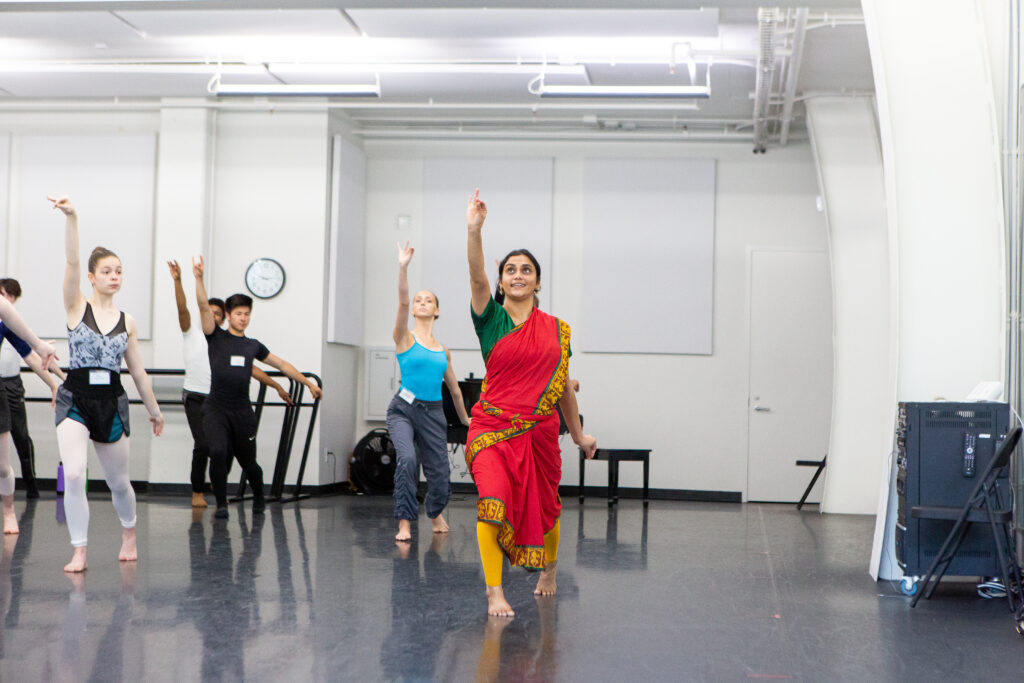
Only Take What You Need
While throwing yourself into a new style or environment over the summer can be a great way to reinvigorate your training, for some students, it can also be confusing. “It depends on the age and maturity level of the student, but it can be frustrating for someone to tell them to do something—like a turn preparation or port de bras—differently than how they’ve practiced at home,” says Racheal Nye, director of Oklahoma City Ballet’s school and studio company. “That’s where studio owners or mentors should come in to help students keep an open mind before they go, and when they return, sort through what they’ve learned to fit it into the larger picture of their training.”
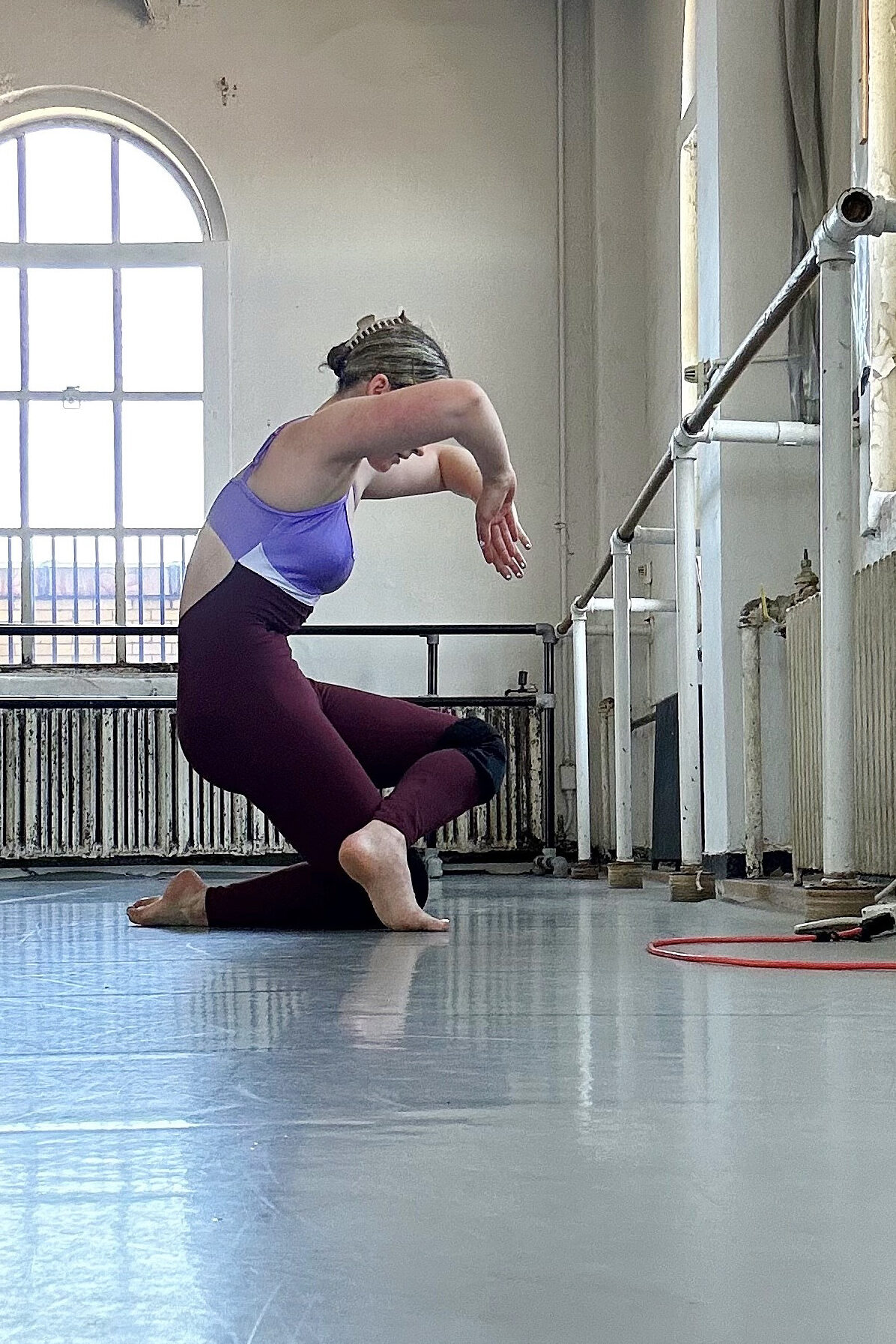
Reed Neuser dove into the life of a Radio City Rockette during a week-long summer intensive, her first experience with precision dance. “There were so many new layers on top of the choreography that I had never had to consider before, like spacing, details, and dancing in a uniform group,” she says. Although Neuser’s now primarily a contemporary and modern dancer in New York City, she still operates on principles developed over that summer. “It taught me how being strong can help you in any dance style, as well as the importance of discipline and attention to detail in a professional environment,” she says.
Stay Realistic
Although branching out into a new style can improve how you approach your core style, it’s important to manage your expectations after a hiatus from your regular training regime. For advanced students on the brink of a professional career, “ballet is so refined and specific that even taking a couple weeks off can set you back,” says Erica Fischbach, director of Colorado Ballet Academy. “Many of our students pursue intensives in slightly different styles, like Alonzo King LINES Ballet or Complexions Contemporary Ballet. But if they want to try a totally new style that’s going to broaden their artistry, we encourage them to tack that onto the beginning or end of other summer studies.”
No matter what reason you choose to attend a certain summer intensive, keeping your “why” in mind can help you get exactly what you want out of the experience. “Our year-round students work really hard for long hours, so summer may be the only time to try something new simply because it’s fun, or it’s important to them culturally, and not necessarily to achieve something,” says Nye. “And who knows—students may draw upon a summer experience they had way down the line in their professional careers.”
